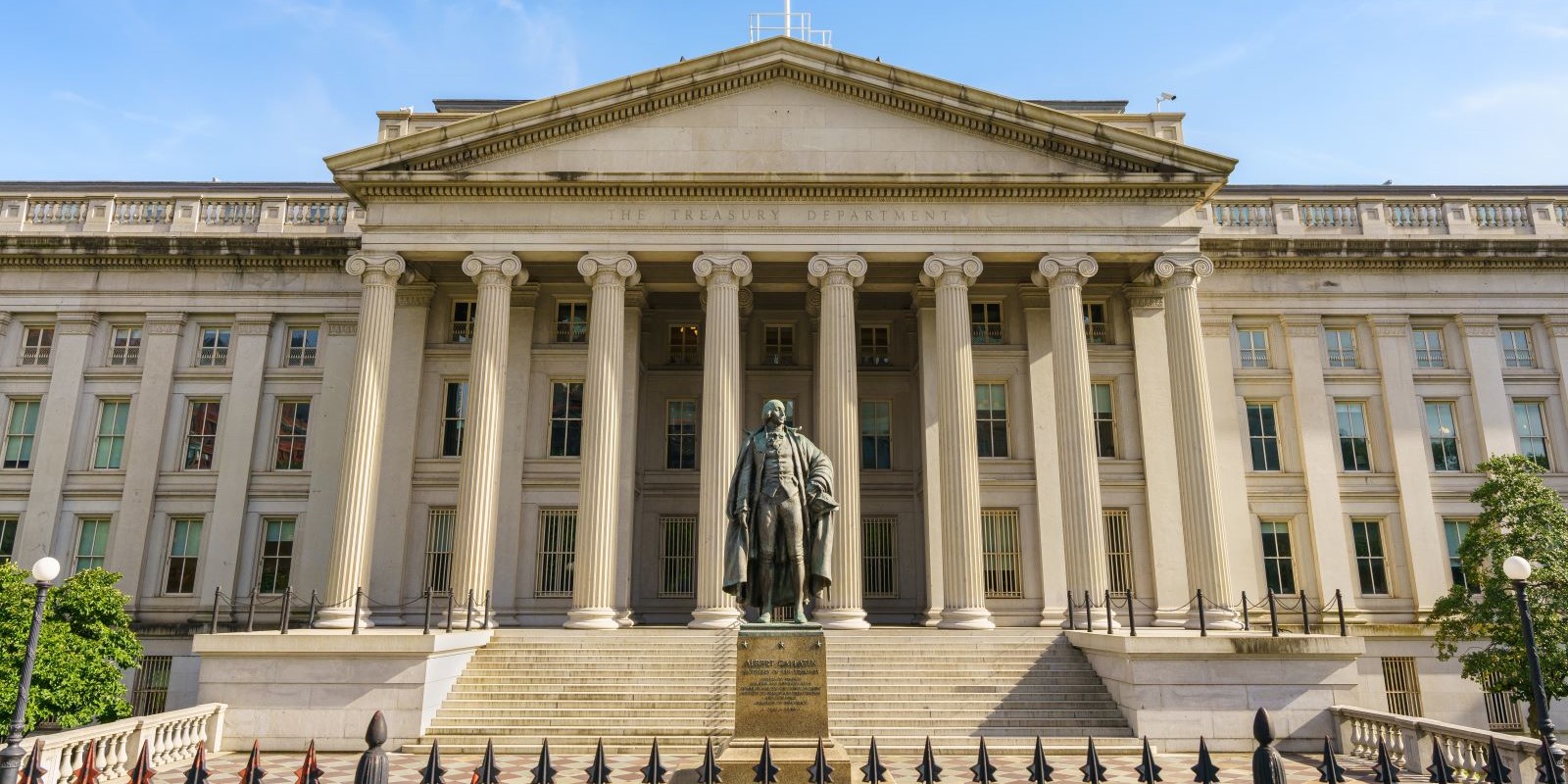Treasury Secretary Explains Vision for IRS at Committee Hearing

Trade, tax cuts and deregulation are the core components of the Trump Administration’s economic agenda, as laid out by Treasury Secretary Scott Bessent at the May 6th hearing of a House Appropriations Subcommittee. Included in Bessent’s remarks was an update on the Administration’s plan for the IRS, which Bessent said “still needs significant reforms.”
As a start, Bessent offered that the Administration has already cut $2 billion from the IRS IT budget “without any operational disruptions.” The saving came largely from eliminating and renegotiating IT professional services contracts and from cancelling auto-renewed licenses.
Ranking Democratic member Steny Hoyer (D-MD) questioned Bessent on whether these cuts are affecting the ability of the federal government to collect revenues and asked if Bessent could point to any analysis of the ramifications of IRS funding cuts. Bessent countered that new agents do not necessarily enhance collections.
Paper Processing a Target
One of the main ways to reduce administrative costs, Bessent said, is to reduce the paper processing of returns. Last year, the IRS spent around $450 million on processing paper returns. The IRS has almost 6,500 full-time staff members involved in paper processing. Treasury’s goal is to reduce this cost to under $20 million “by the end of President Trump’s second term,” Bessent told lawmakers.
Other IRS Initiatives
Bessent identified other priorities for IRS reform as follows:
- Using AI to “enhance collections” instead of relying on “unseasoned” collections agents.
- Reviewing the process for IRS audits to see who is being audited and why.
- Bring workers back to the office to increase efficiency.
- “Right-sizing” IRS customer service phone banks to vary staffing numbers depending upon the time of the year.
- Revising how Treasury processes payments to bring IRS more in line with commercial bank procedures.
- Safeguard privacy.
Permanent Tax Cuts
Bessent closed noting that the “key to expanding economic opportunity for all Americans is making the Trump tax cuts permanent” and that is the immediate priority. The Secretary received pushback as well on this issue as Democratic committee members cited the $4.5 trillion cost of the massive reconciliation legislation and what it would add to the U.S. debt. Bessent said the Administration is tackling the debt by trying to grow the GDP. The U.S. won’t default on its debt and the debt ceiling will be raised, Bessent assured lawmakers at the end.
Explore related insights
-
Navigating the One Big Beautiful Bill Act: FD’s Insights & Analysis
Read more: Navigating the One Big Beautiful Bill Act: FD’s Insights & Analysis
-
DEA Telemedicine & Controlled Substances: Don’t Get Caught in the Transition
Read more: DEA Telemedicine & Controlled Substances: Don’t Get Caught in the Transition
-
The Private Equity 360 Podcast Episode Gallery
Read more: The Private Equity 360 Podcast Episode Gallery






